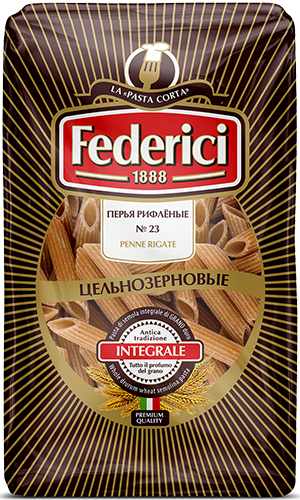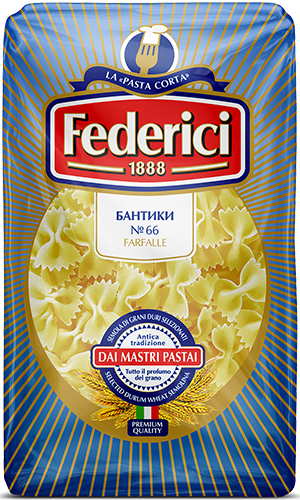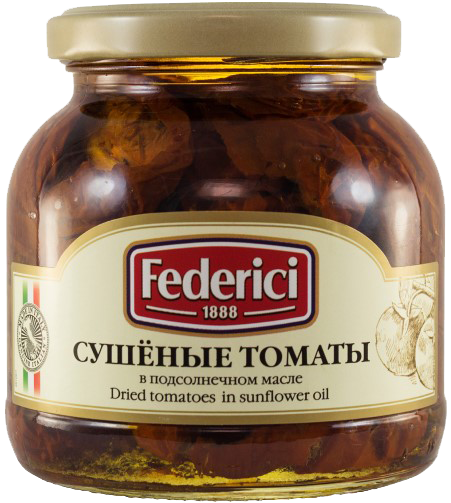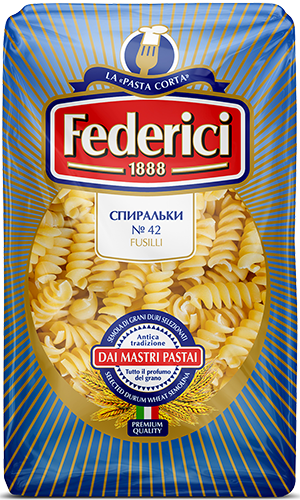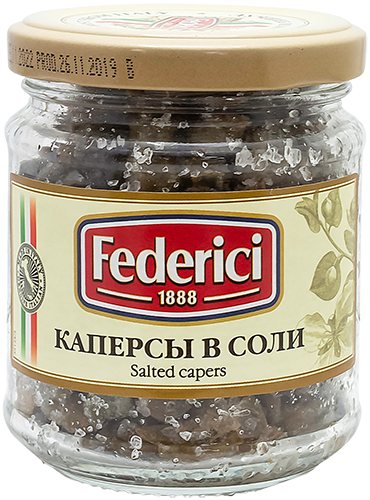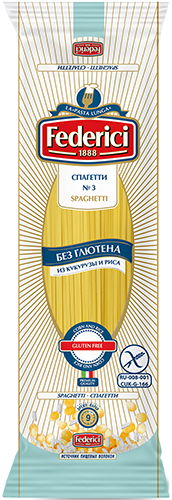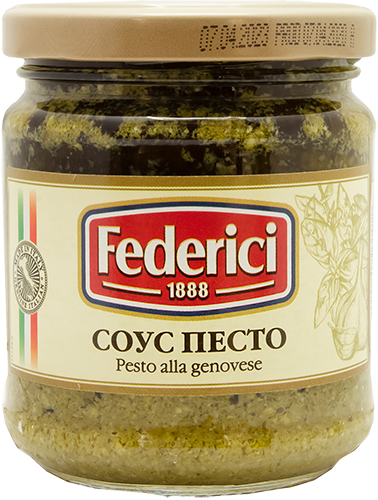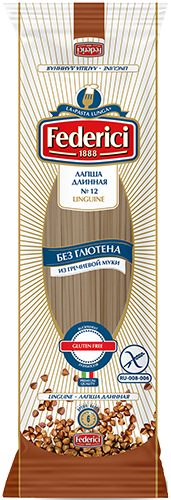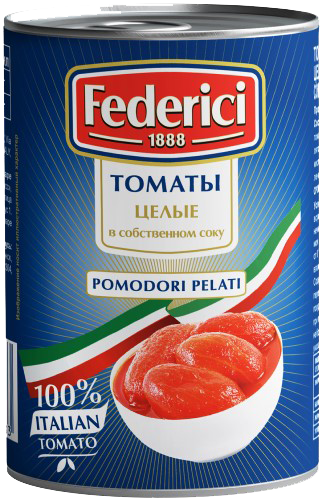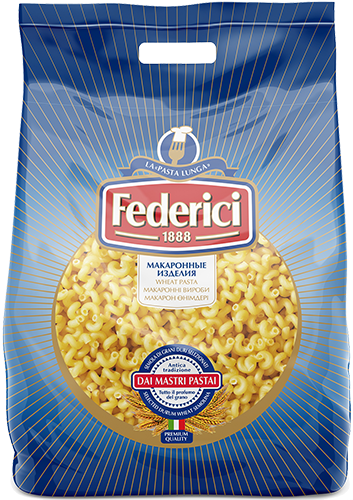


In the pursuit of beauty and health, every year a person makes more and more incredible discoveries in the field of nutrition. However, information about the dangers of gluten, which is contained in ordinary products, is still a discovery for many.
What is its danger and is a gluten-free diet suitable for everyone? We will try to answer all these questions.
The benefits and harms of gluten in foods
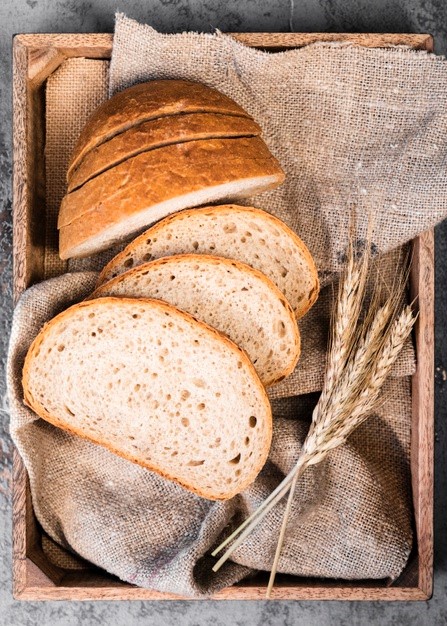
Gluten, or in other words, gluten, is a group of related proteins, prolamins and glutelins, found in the seeds of cereals. This is an elastic clot that remains after the starch is washed out of the dough with water. The substance has irreplaceable properties: stickiness and viscosity, but without taste and smell. Thanks to gluten, the dough becomes elastic and rises when fermented. Also, the quality of the protein determines the dignity of the flour.
Although the effect of gluten on the body is still not fully understood, it is already known that along with the benefits, its use also has a number of side effects. So, for example, according to the neuroscientist David Perlmutter, excessive addiction to carbohydrates can provoke a number of dangerous diseases: obesity, dementia, diabetes, etc. At the same time, scientists are actively studying the role of gluten in the development of epilepsy and autism.
It is also known that excessive consumption of gluten, for example, in the composition of bakery products, leads to digestive disorders.
Forms of gluten intolerance
Gluten intolerance affects people with a rare disease called celiac disease. This is a congenital genetic disease that usually affects the whole family. In this case, the body perceives the appearance of this type of protein as a harmful attack and strongly resists its appearance. Absorption of gluten causes negative reactions in the stomach with further inflammation of the pancreas.
If celiac disease is stubbornly ignored and left untreated, then this threatens with inevitable consequences for the body – from stomatitis to infertility or mental retardation of the fetus. Patients with this diagnosis must follow a gluten-free diet for life and take medications as recommended by a doctor. This will allow the symptoms that threaten health to subside.
However, gluten sensitivity is not necessarily celiac disease. It may be a personal intolerance to this type of protein.
How do you know if you have a personal gluten intolerance? General symptoms:
- weakness, abdominal distension
- fatigue
- chronic depression
- diarrhea, etc.
Only accurate professional diagnostics based on tests and the experience of a doctor will help to clarify the cause of the ailment. Useful recommendations before going to the gastroenterologist:
- There is no need to follow a gluten-free diet before a visit to a specialist, so as not to distort the picture of observations.
- A pre-compiled list of symptoms and questions for the doctor will help to quickly and easily clarify the cause of the disease.
What foods contain gluten
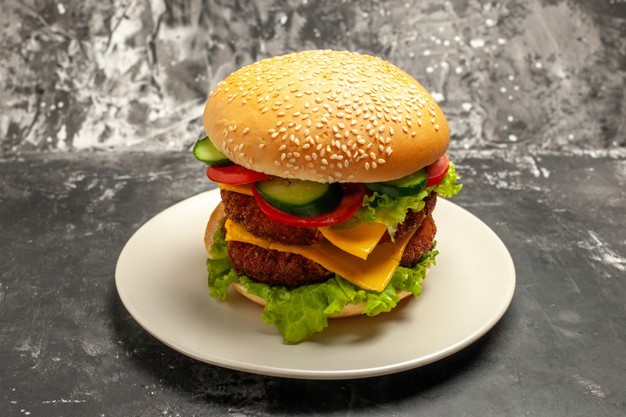
Gluten is found in cereal grains such as wheat, spelled, rye and barley. Patients with celiac disease should not eat them in any form, since all foods that contain even a small fraction of these cultures are considered gluten-containing.
Gluten is found in the following foods:
- cereals, bread, pasta;
- semi-finished products of cereals and cereals;
- bran and flour from wheat and barley;
- pastries and crackers;
- all sausages without exception;
- sweets;
- instant soups;
- canned food;
- chips and fast food;
- sports nutrition, protein shakes;
- beer, nectars, packaged juices;
- snack spreads and sauces thickened with flour;
- seasonings;
- frozen semi-finished products;
- nuts and dried fruits;
- some types of dairy products, etc.
The list is endless due to the fact that gluten is often used as a thickener or stabilizer. This protein is even found in some cosmetic products, although it may not be listed on the label.
Продукты без глютена
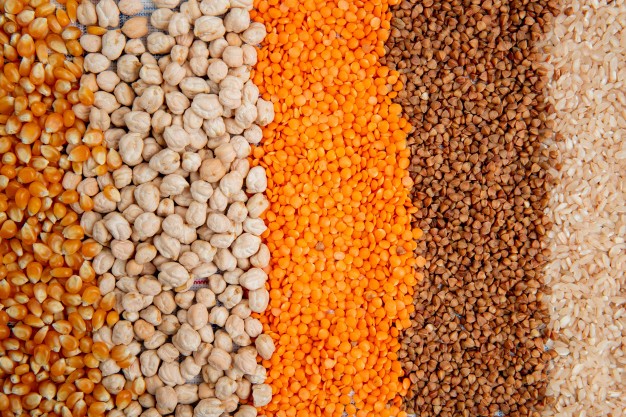
Thus, the range of gluten-containing products is quite extensive. What then should people who are forced to follow a gluten-free diet do and how to find the right products? Today on the shelves in stores you can find a wide range of products with the appropriate labeling. You just need to carefully read the labels with the composition before buying. Moreover, gluten protein is not found in all grains.
So the gluten-free diet includes:
- vegetables and fruits without exception;
- cereals (rice, millet, buckwheat, etc.);
- legumes;
- vegetable milk;
- greens;
- meat and fish;
- fruits and berries;
- corn.
To get the right amount of fiber, nutritionists recommend including whole grains and vegetables in the diet.
Benefits of a gluten-free diet
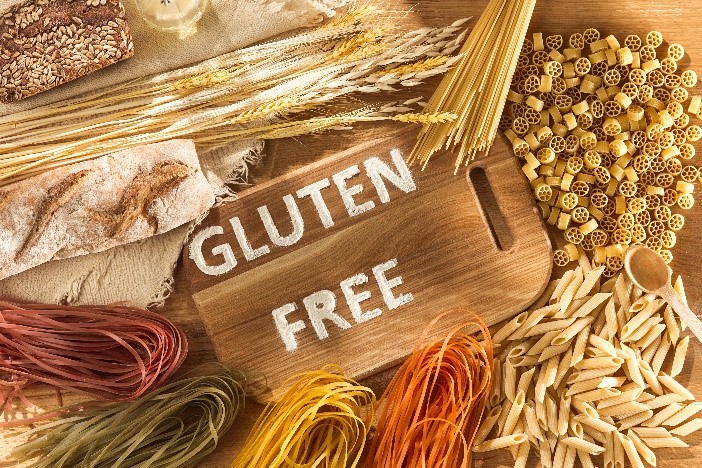
As we mentioned earlier, the gluten-free diet is the only currently recognized medical practice for patients with celiac disease. For the rest, the observance of such a diet is associated either with individual intolerance, or is one of the methods of losing weight. Indeed, the rejection of baking, fast food and some other products contributes to weight loss.
If you still decide to switch to a gluten-free diet on your own, without the advice of a doctor, we recommend that you first conduct a small experiment and observe the changes. Experts advise to observe food restrictions for a month. It is only by the results of a trial diet that it is worth judging whether it makes sense to continue it or not. People who are sensitive to this type of protein will actually experience relief, while others will not notice a significant difference.
The main thing to understand is that the claim that gluten products are harmful is a myth. When calculating the daily diet, it should be borne in mind that our program should include sources of complete protein and animal fats for energy. And, for example, whole barley or rye grains just provide the body with vitamins, iron, fiber and other useful trace elements.
Summing up, the following main theses can be distinguished:
- It makes no sense to exclude gluten if a person is healthy and nothing bothers him.
- Doctors do not recommend self-diagnosis, it is better to contact a gastroenterologist.
- The transition to a gluten-free diet is a matter of personal choice for a person, if he is not sick with celiac disease and is not allergic to this type of protein.
- For most people, gluten is safe.
Our products
Мы стремимся предложить Вам наилучший сервис при работе с нашим сайтом. Для этого мы собираем и храним информацию о Вашем посещении сайта. Так называемые cookies. Файлы cookies не собирают и не хранят никакую личную информацию о Вас. Используя этот сайт, Вы даете согласие на использование cookies. На данном этапе Вы можете отказаться от использования cookies, настроив необходимые параметры в своем браузере.
